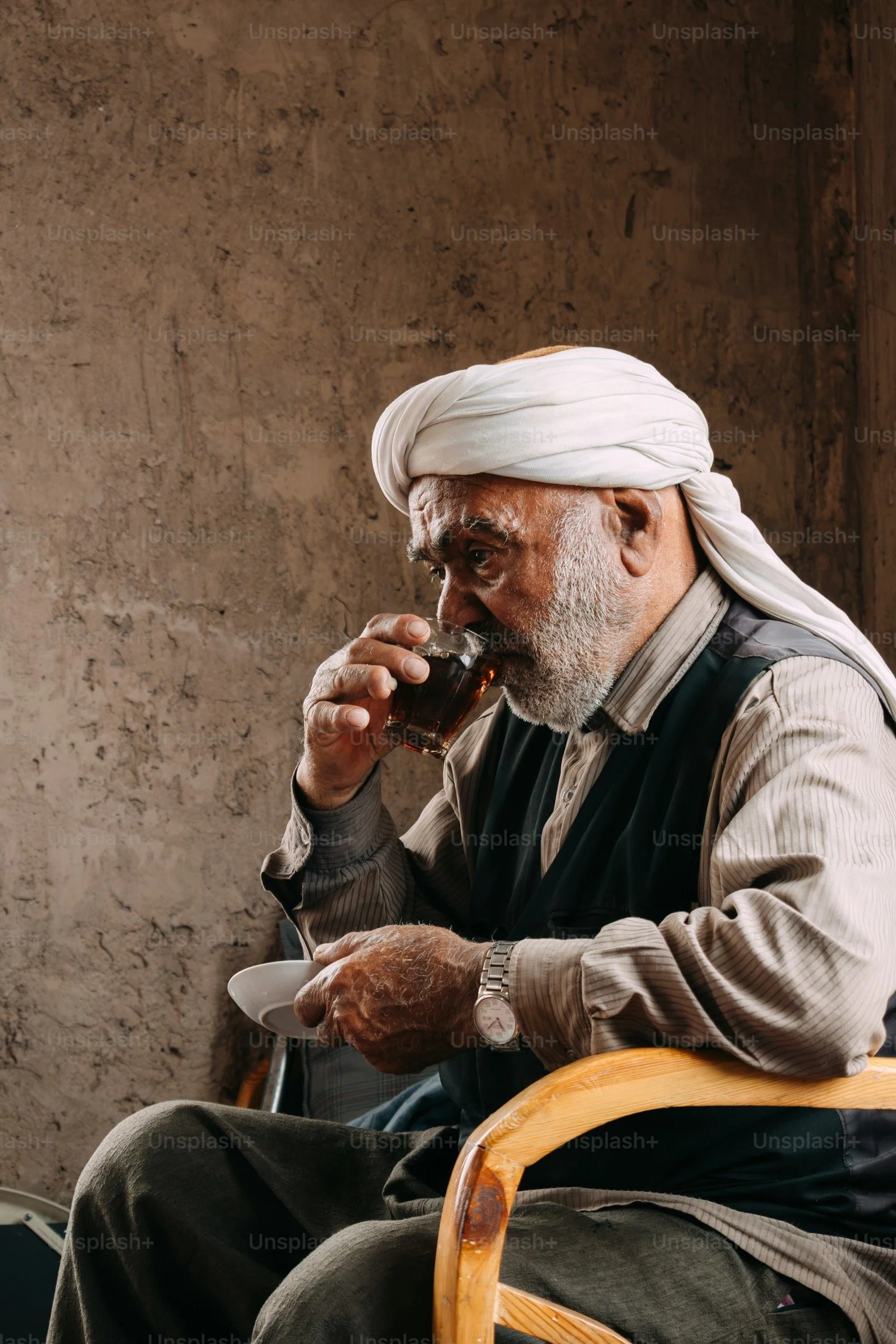Readings for today: Jeremiah 5-8
The passage from the end of Jeremiah 8 is one of the most poignant in all of Scripture and it bleeds into the beginning of chapter 9. Most English translations put these words in Jeremiah’s mouth. Primarily because of how uncomfortable we are with God experiencing deep, heartbreaking grief. As Western Christians we are heavily influenced by Platonic thought whether we realize it or not. We tend to believe God is fundamentally distant. Fundamentally different. Fundamentally beyond all human experience, including emotions. We believe He is untouchable. Unmovable. Unchangeable. We associate emotions with feelings of change. Instability. Unpredictability. And these things cannot be true of God...right?
But what if we were willing to embrace a different understanding of emotions? A deeper understanding? Again, it is without question that God experiences emotions. Love. Anger. Frustration. Joy. We read about them over and over again and they are not simply anthropomorphisms. (Anthropomorphism = a way for God to express Himself in human terms we can understand. Ex. “The arm of the Lord...”) What if our understanding of God could be expanded to include the full range of emotions? What if having emotions is part of being made in God’s image? What if our “emotionalism”, which breeds feelings of instability and unpredictability, is actually a result of sin and brokenness? What if God, because He remains untouched by sin, is able to experience all emotions without being driven by them?
This brings us back to Jeremiah 8. Here God is expressing the deepest, most heartbreaking grief possible. “My joy is gone; grief is upon me; my heart is sick within me.” God is experiencing an incredible sense of loss. His people have betrayed Him. They have abandoned Him. Then they turn around and blame Him. “Behold, the cry of the daughter of my people from the length and breadth of the land: "Is the Lord not in Zion? Is her King not in her?" They refuse to bow the knee. Refuse to repent and return to Him. Refuse to humble themselves before Him. Quite the opposite. They brazenly continue in sin. "Why have they provoked me to anger with their carved images and with their foreign idols?" This is a stiff-necked people. A foolish people. A rebellious people. They take their relationship with God for granted. They are entitled. They are spoiled. They assume God will come to their rescue despite their unwillingness to walk in His ways. "The harvest is past, the summer is ended, and we are not saved."
The perspective shifts back to God. “For the wound of the daughter of my people is my heart wounded; I mourn, and dismay has taken hold on me. Is there no balm in Gilead? Is there no physician there? Why then has the health of the daughter of my people not been restored? Oh that my head were waters, and my eyes a fountain of tears, that I might weep day and night for the slain of the daughter of my people!” (Here we bleed into the beginning of chapter nine…) Again, one pictures deep, heavy sobs. God weeping a flood of tears. God experiencing unimaginable pain. Because He has freely joined Himself in an unbreakable covenant with His people, their wounds become His wounds. Their pain becomes His pain. Their heartbreak becomes His heartbreak. Things get so bad, God wishes He could leave. Abandon them to their fate. Leave the Temple in Jerusalem and return to the wilderness. Go back to the time when He tabernacled with them on the Exodus journey. “Oh that I had in the desert a travelers' lodging place, that I might leave my people and go away from them! For they are all adulterers, a company of treacherous men. They bend their tongue like a bow; falsehood and not truth has grown strong in the land; for they proceed from evil to evil, and they do not know me, declares the Lord.” But the Tabernacle is gone. There is no lodging place in the desert for God to run. He is stuck. He is committed. He will endure. This is the great faithfulness of our God! It is costly. It is hard. It is painful. But it remains true.
In truth, God is simply being faithful to Himself here. Faithful to the promise He has made. To be our God, come hell or high water. This was the message He communicated through the covenant He first made with Abraham in Genesis 15 and sealed through the death and resurrection of His Beloved Son Jesus Christ. His steadfast love establishes the fundamental reality of our lives. The bedrock on which we can build our lives. Without fear. Without shame. Without worry that somehow, someway there will come a day when God will finally lose patience and abandon us. God will not leave us or forsake us for in doing so He would be unfaithful to Himself. Let this truth be your firm foundation today, friends!
Readings for tomorrow: Jeremiah 9-12




